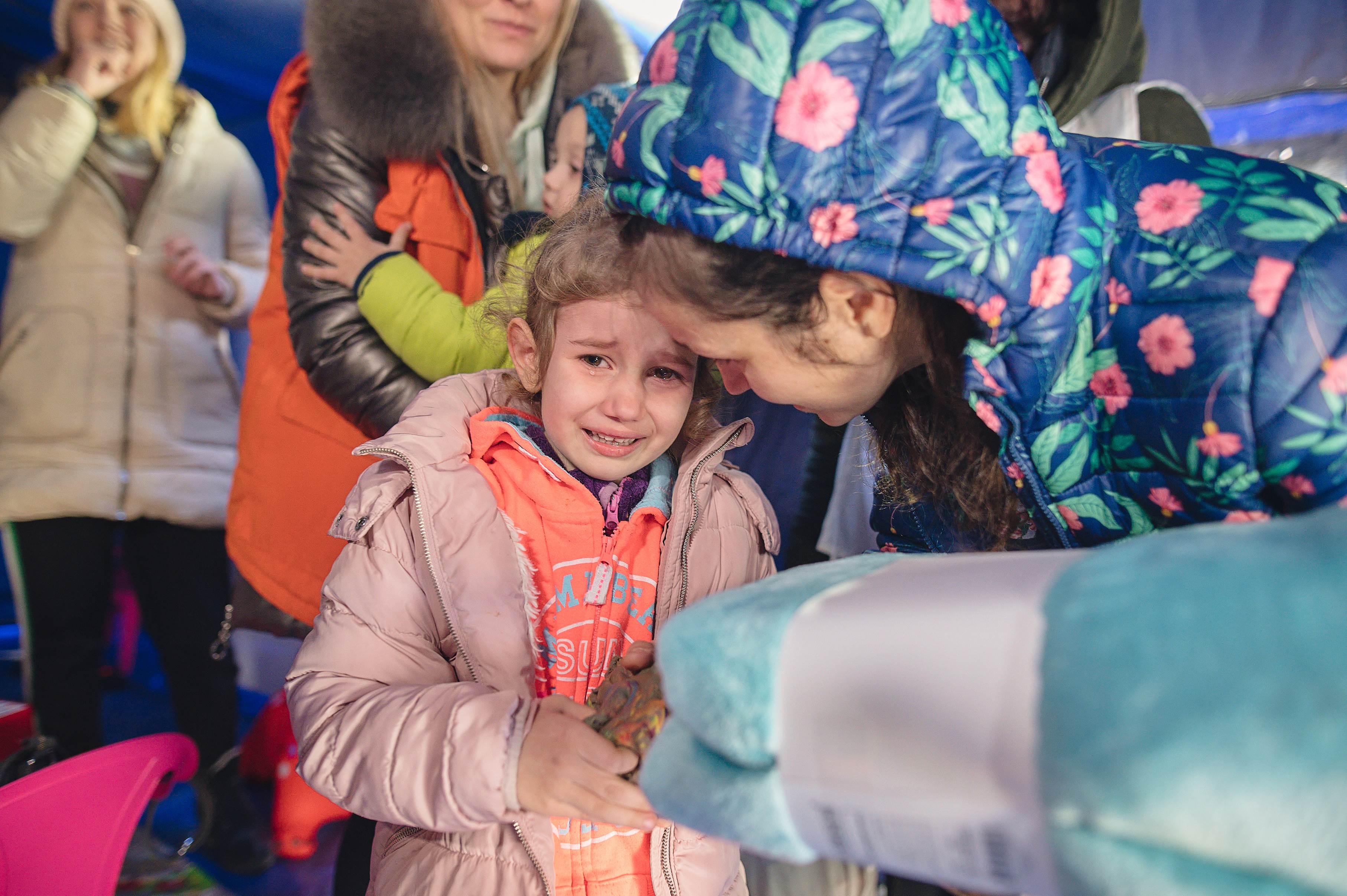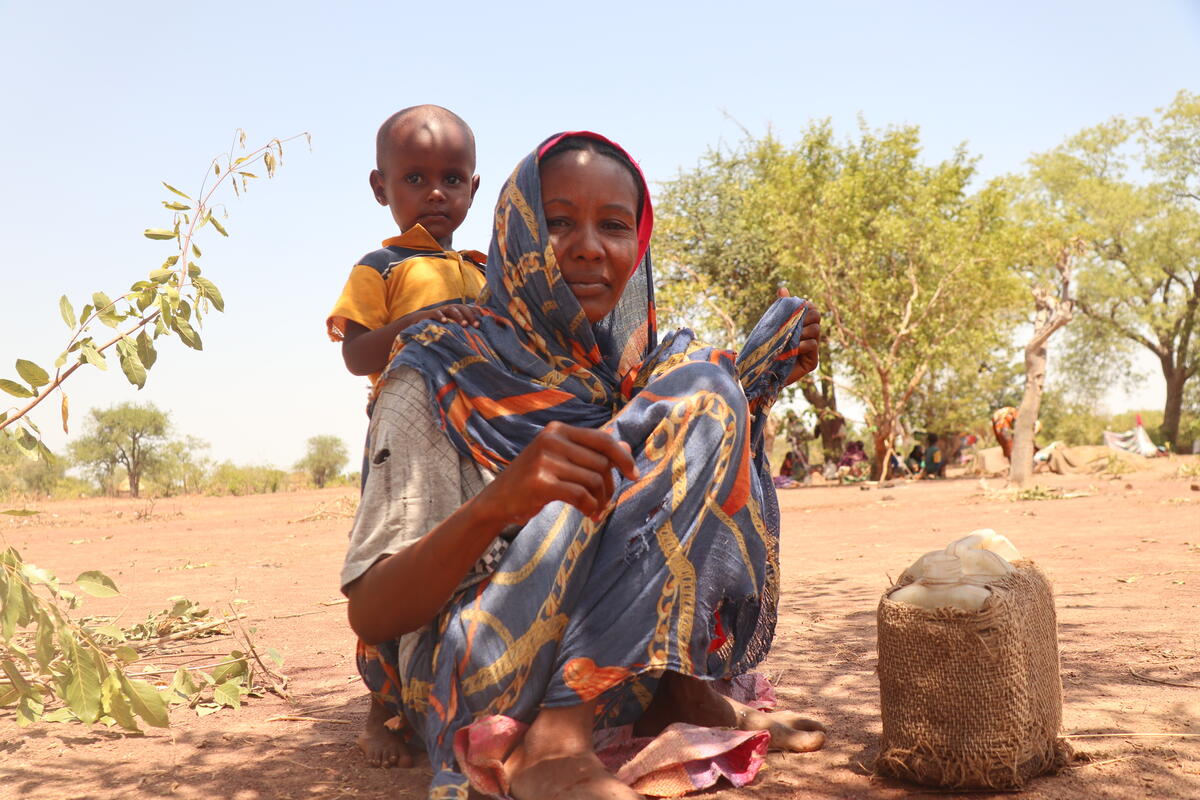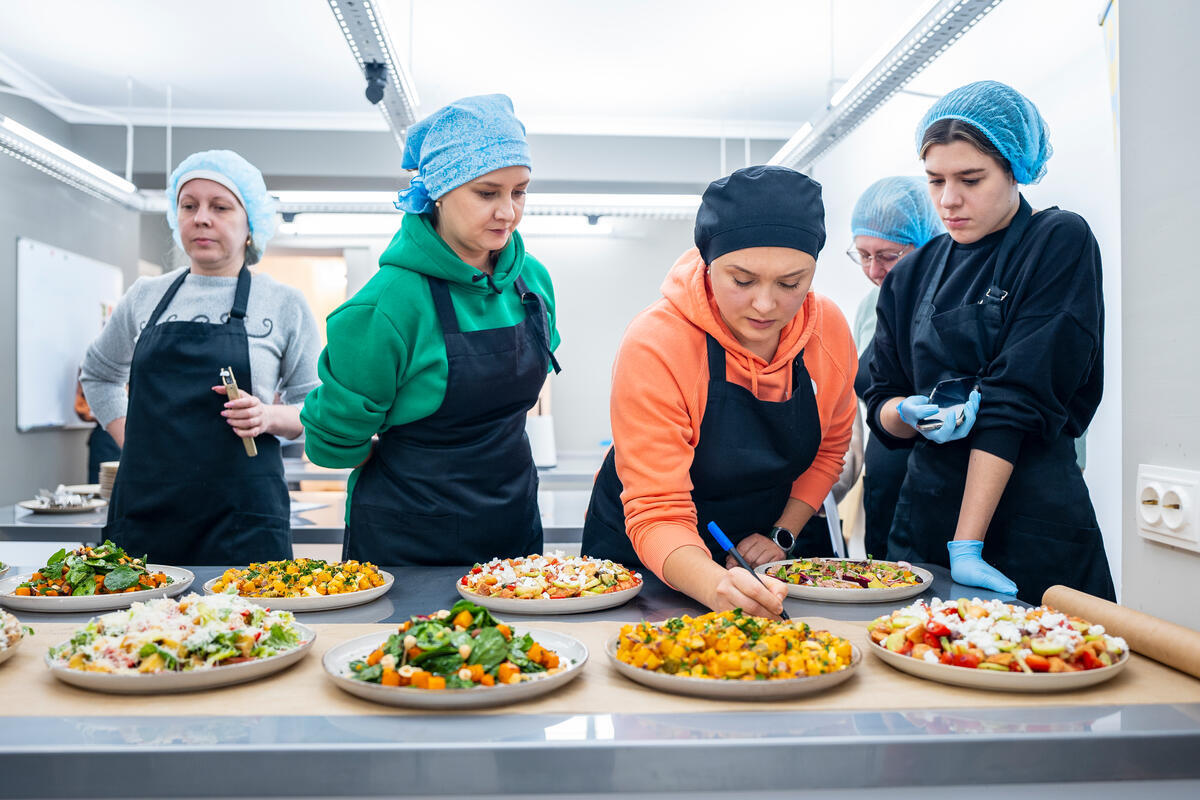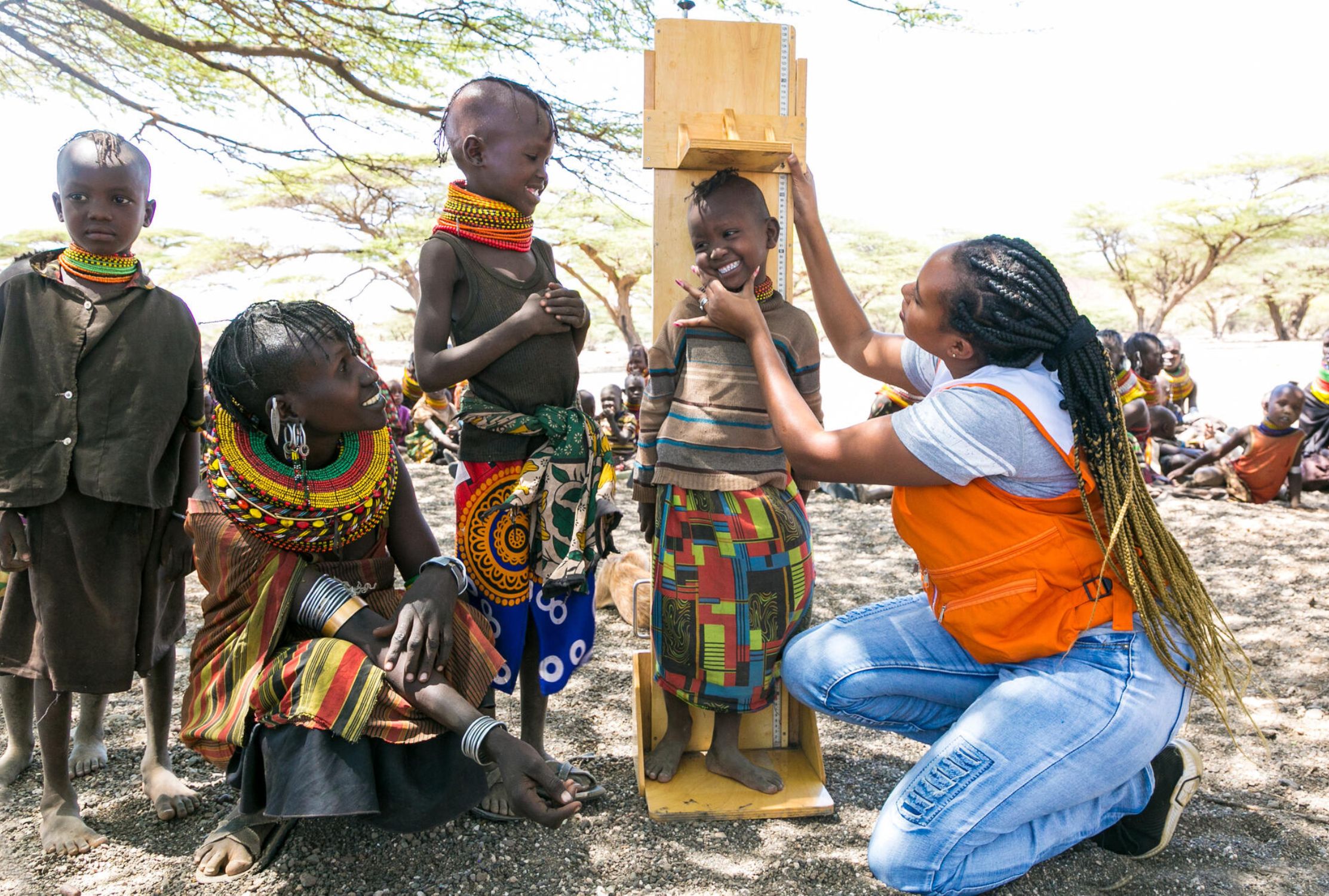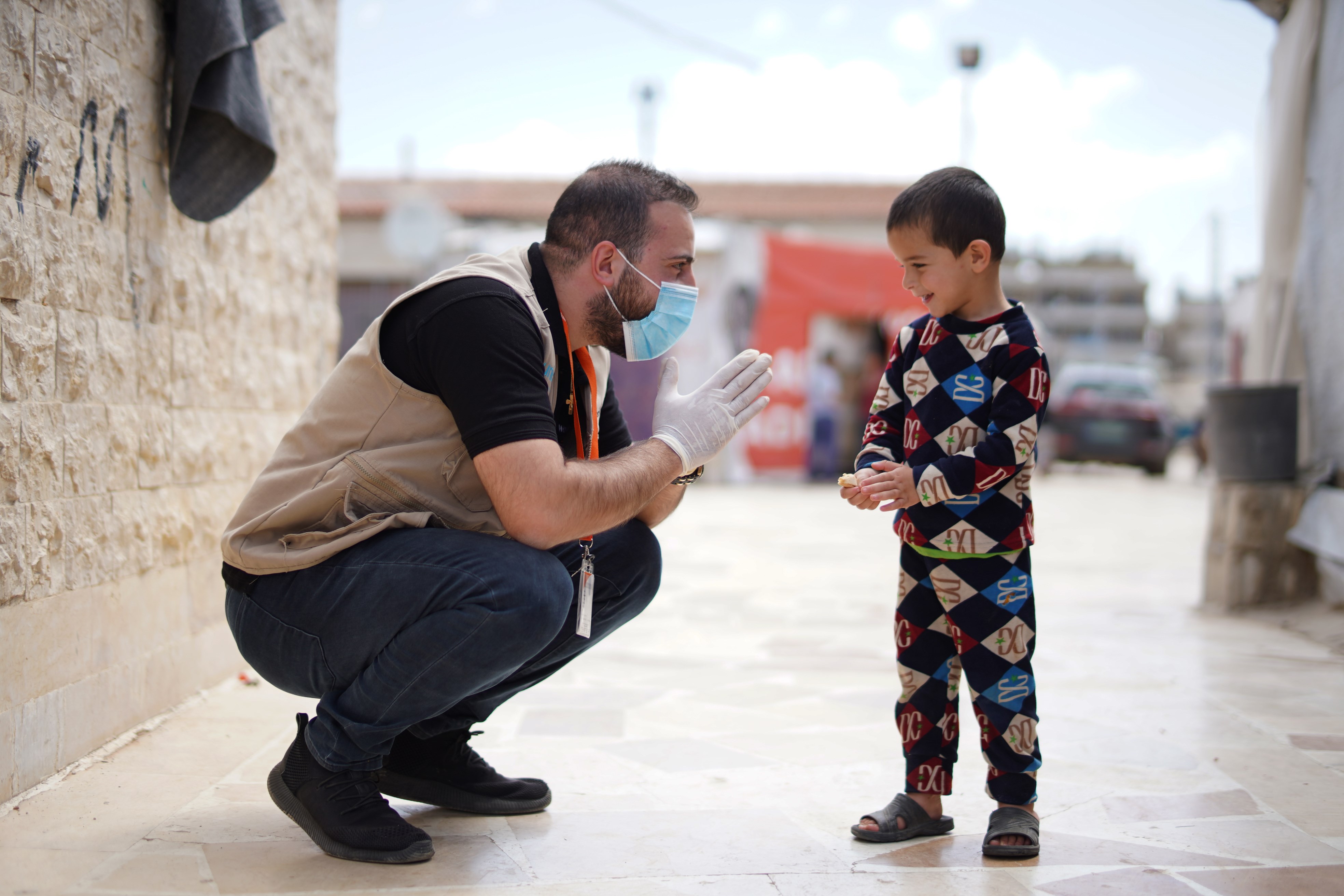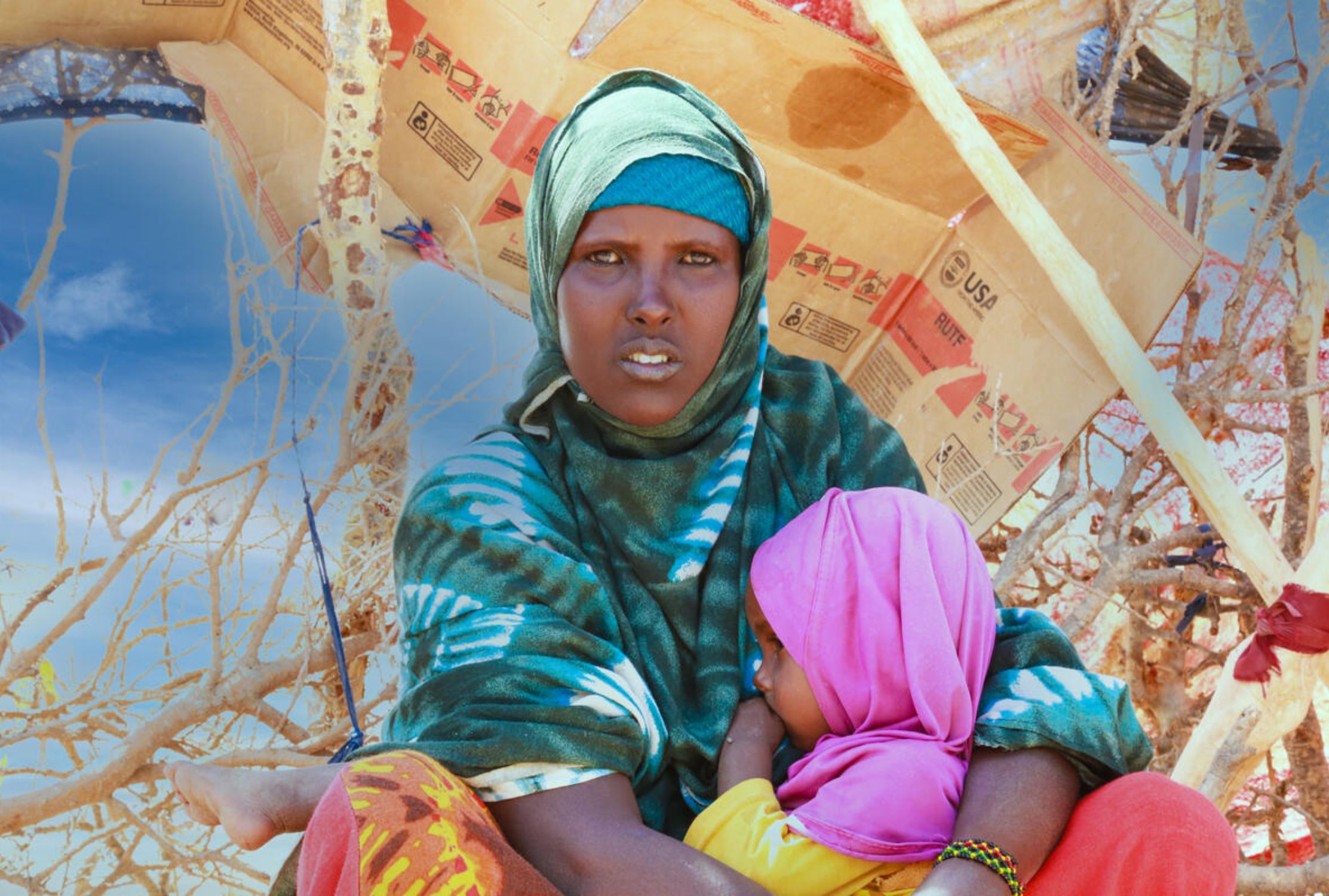The UN Refugee Agency (UNHCR) estimates that 43.3 million children have been forcibly displaced They are forced to leave their homes, and in some cases, separated from their families. Becoming a refugee means children are more vulnerable to abuse, violence and exploitation, but they're also missing out on getting an education and experiencing childhood.
As a children's charity, World Vision is ensuring children are protected and empowered, even in the hardest places. Learn about World Refugee Day and World Refugee Week, and how you can join World Vision supporters to support refugee children.
When are World Refugee Day and World Refugee Week?
World Refugee Day falls on 20 June every year, and this is also part of World Refugee Week which runs from the 16-22 June 2024.
For the first time on record, the number of people forced to flee their homes has now exceeded 110 million people due to conflict, violence, human rights violations and persecution .
Conflict is one of the main drivers of forced displacement, with over half of all refugees originating from just three countries: Syria, Afghanistan and Ukraine.

